
Now more than ever, pets are treated as esteemed family members. They go on trips, they're a part of family photos, their birthdays are celebrated, and most importantly their health is a top priority. For many pet parents, reading the labels of pet food and treats to make sure they contain natural ingredients is second nature. Some pet parents are bypassing commercial and even organic pet food and opting to prepare the food themselves, as well as include supplements in their four-legged friends' diets.
Goodbye to Cans and Kibble
With the multiple recalls on commercial pet food that have been happening over the years and the reports of how commercial pet food is made (as well as what it contains), many cats are dogs are now enjoying home cooked meals. And some of them aren't even cooked - raw food diets for pets are becoming very popular. The idea behind a raw food diet is to recreate the way that dogs and cats would eat in the wild: natural and unprocessed sustenance for better health. Since humans are being told to cut back (and even cut out) processed foods from their diets for the sake of their health, it only makes sense to feed pets in the same manner.
There are many books and other resources out there for for people who would like to try out preparing pet meals and providing a more natural way for their beloved cats and dogs to eat.
Supplements for Pets
Popping a daily vitamin are a part of many people's daily routines in an effort to make up for any nutrients that may be lacking in their normal diets. In more recent times, that same methodology is also being applied to pets. Doing a quick online search for "pet supplements" will returns thousands of results for many different types of products. Some of the more popular types of supplements include:
Vitamin & Mineral Supplement: Vitamin C is good for both cats and dogs, as it helps fight on illnesses and prevent diseases that are often associated with aging such as arthritis. Vitamin D helps cats' bones and Vitamin A helps with eyesight.
Glucosamine & Chondroitin: Glucosamine and chondroitin can be very beneficial in the treatment of arthritis and hip dysplasia.
Essential Fatty Acids: There are many benefits to making sure that a pet's diet includes EFAs, such as healthy skin and coats, heart health, to suppress inflammation, etc. The easiest way to provide these fatty acids is with flaxseed oil or fish oil.
Milk Thistle: This can be used to treat various liver dysfunctions.
Probiotics: These keep pets' intestinal tracts clean and balanced by enhancing the good bacteria and keeping the bad bacteria at bay, thereby strengthening their immune system.
Check with Your Vet
Before you decide to start preparing your pet's meals and giving them supplements, consult with your veterinarian. Dogs and cats have different nutritional needs; dogs are omnivores and cats are carnivores so it is very important to make sure that you are meeting each individual pet's nutritional needs. Your vet should also be able to help you determine which supplements will be complementary to your dog or cat's diet.
If you do not feel that your vet is in tune with your desire to be more mindful about what your pet eats, you may want to see out a holistic vet for this type of guidance. Be your pet's advocate. Arm yourself with as much information as you can about diet and supplementation so that they can live a long happy and healthy life with your family!
Kim Salerno is President & Founder of TRIPSwithPETS.com. She founded the pet travel site in 2003 and is an expert in pet travel. Her popular pet travel site features pet friendly hotels across the US and Canada, along with other pet travel resources. Her mission is to ensure that pets are welcome, happy, and safe in their travels.
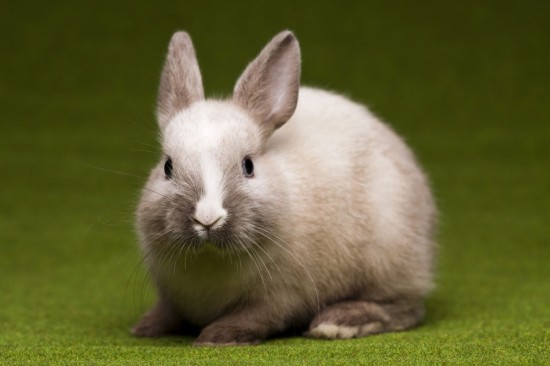 Five Of The Most Common Health Problems In Rabbits
Five Of The Most
Five Of The Most Common Health Problems In Rabbits
Five Of The Most
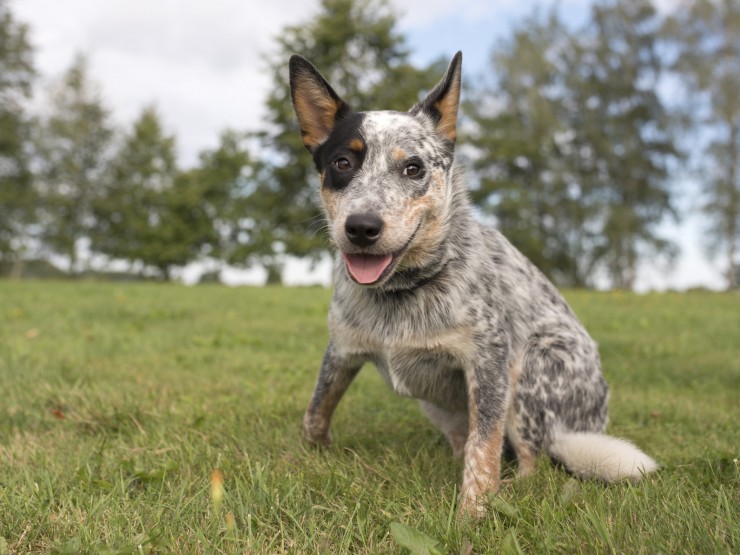 What Your Choice Of Dog Says About You?
What Your Choice
What Your Choice Of Dog Says About You?
What Your Choice
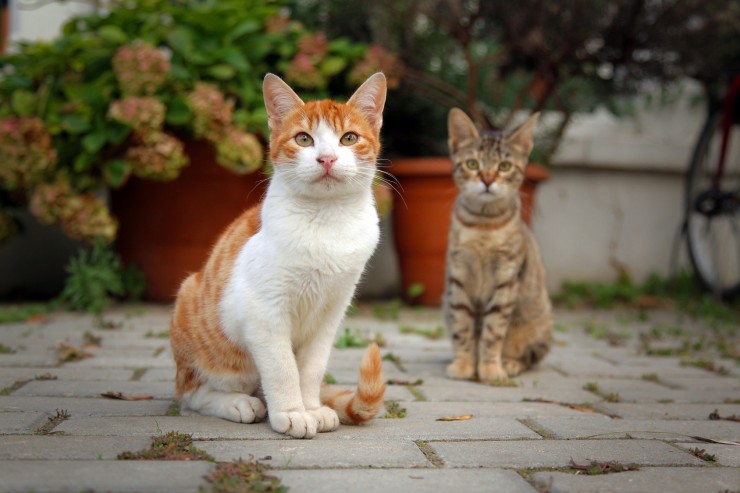 What Type Of Shelter Cats Are The Most Commonly Overlooked?
What Type Of Shel
What Type Of Shelter Cats Are The Most Commonly Overlooked?
What Type Of Shel
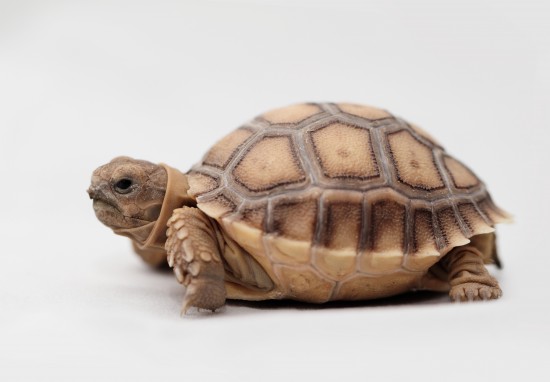 Keeping African Sulcata Tortoises As Pets
Keeping African S
Keeping African Sulcata Tortoises As Pets
Keeping African S
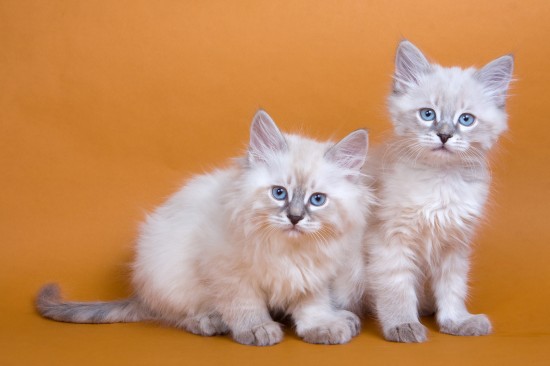 The Imperial Siberian Forest Cat
The Imperial Sibe
The Imperial Siberian Forest Cat
The Imperial Sibe
Copyright © 2005-2016 Pet Information All Rights Reserved
Contact us: www162date@outlook.com